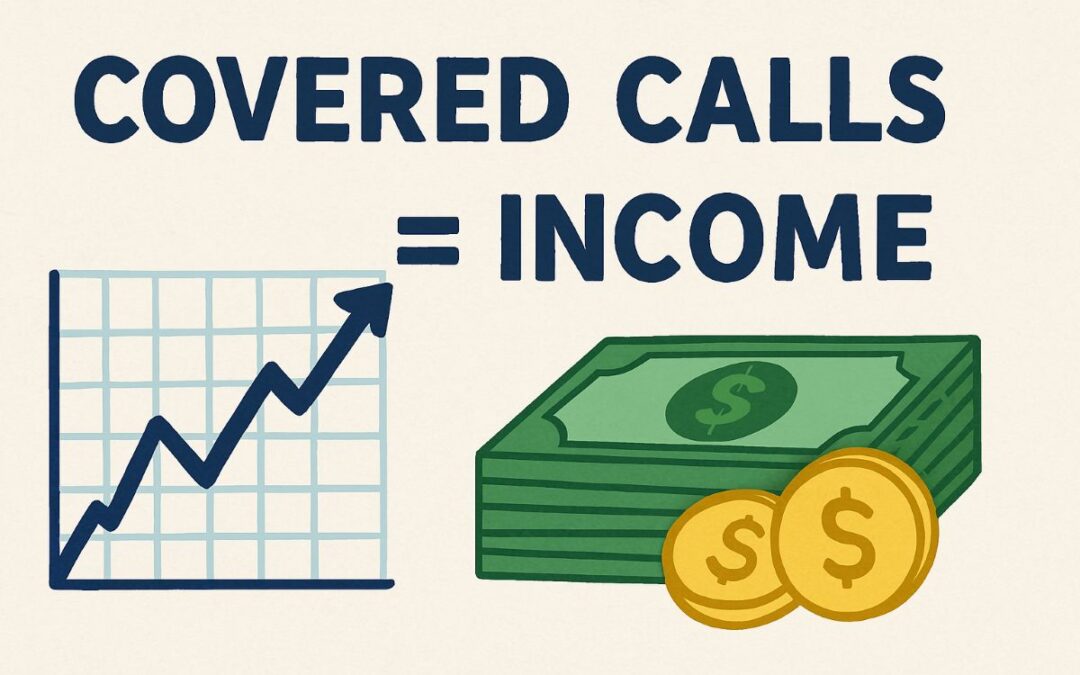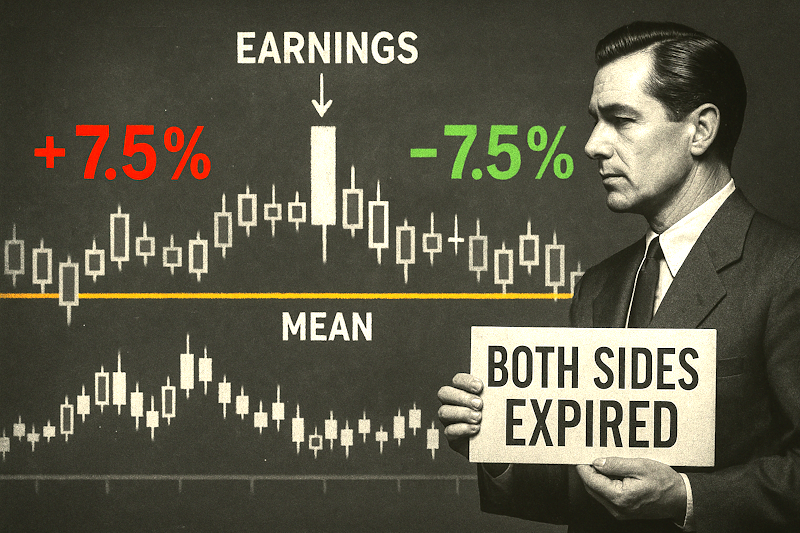The government isn’t especially price sensitive when it comes to borrowing money.
Low interest rates. High interest rates. It doesn’t really matter. They borrow until the market says they can’t.
And “the market saying no” has never happened to the U.S. government.
At least not yet…
And at any point in time, there’s only so much capital to invest in stocks, bonds, equipment, land, or buildings, or spend on groceries, clothes…whatever.
And when Uncle Sam barges in selling bonds, they soak up as much money as they need.
Economists call this phenomenon “crowding out.”
Those government bonds attract money looking to earn interest. So there’s less money to fund other projects. All else equal, this raises interest rates, deterring businesses and households from borrowing money to spend and invest.
Hence, government borrowing “crowds out” private sector spending and investment.
That’s the theory.
But once the debt ceiling gets lifted, you’ll be able to watch the mechanics of this dynamic play out in real time.
When Congress inevitably raises the debt ceiling, the treasury will immediately issue debt to raise roughly a trillion dollars or so in cash (Jeffry had some precise numbers in today’s “Roundtable”).
That debt – likely treasury bills at first – suck cash out of the system. Short term rates rise from the issuance of those bills giving depositors have even more incentive to pull cash out of banks and put it into money market funds.
Money market funds buy the treasury bills to invest the new cash that just came from the banks. And a lot of other investors now see money market funds paying over 5% interest as a viable place to invest money given all the uncertainty.
That means less money going into stocks. Or, more likely, flowing out.
To this, keep in mind that bank deposits leverage the amount of cash available in the system. That’s because every dollar of deposits gets turned into $10 worth of loans used to buy stuff and invest.
Money market funds don’t multiply money like banks. A $1 in a money market fund is $1 in total money supply.
Thus, $1 leaving a bank means $10 leaves the system.
It, quite literally, evaporates like it never existed.
And that means less money for stocks too.
So, when the debt ceiling gets lifted – or suspended altogether – and the news network shout…

Don’t expect stocks to rally.
Regardless of technicals or fundamentals, the simple mechanics of money means stocks will get crowded out in the short term and the S&P will decline.
Personally, I think we’ll easily test 4,000 on the S&P but I wouldn’t be surprised to see it trade a couple hundred points lower.
Garret and I talked about this issue on “Roundtable” earlier today. We covered how it could play out and Garrett had some important advice on what to do once the selloff hits extreme levels (and how to know what “extreme” looks like).
“Roundtable” goes live, every Wednesday, at 11am ET right here. So mark your calendars.
And to catch our discussion of how to approach higher rates to come, click the image below.

Take What the Markets Give You




